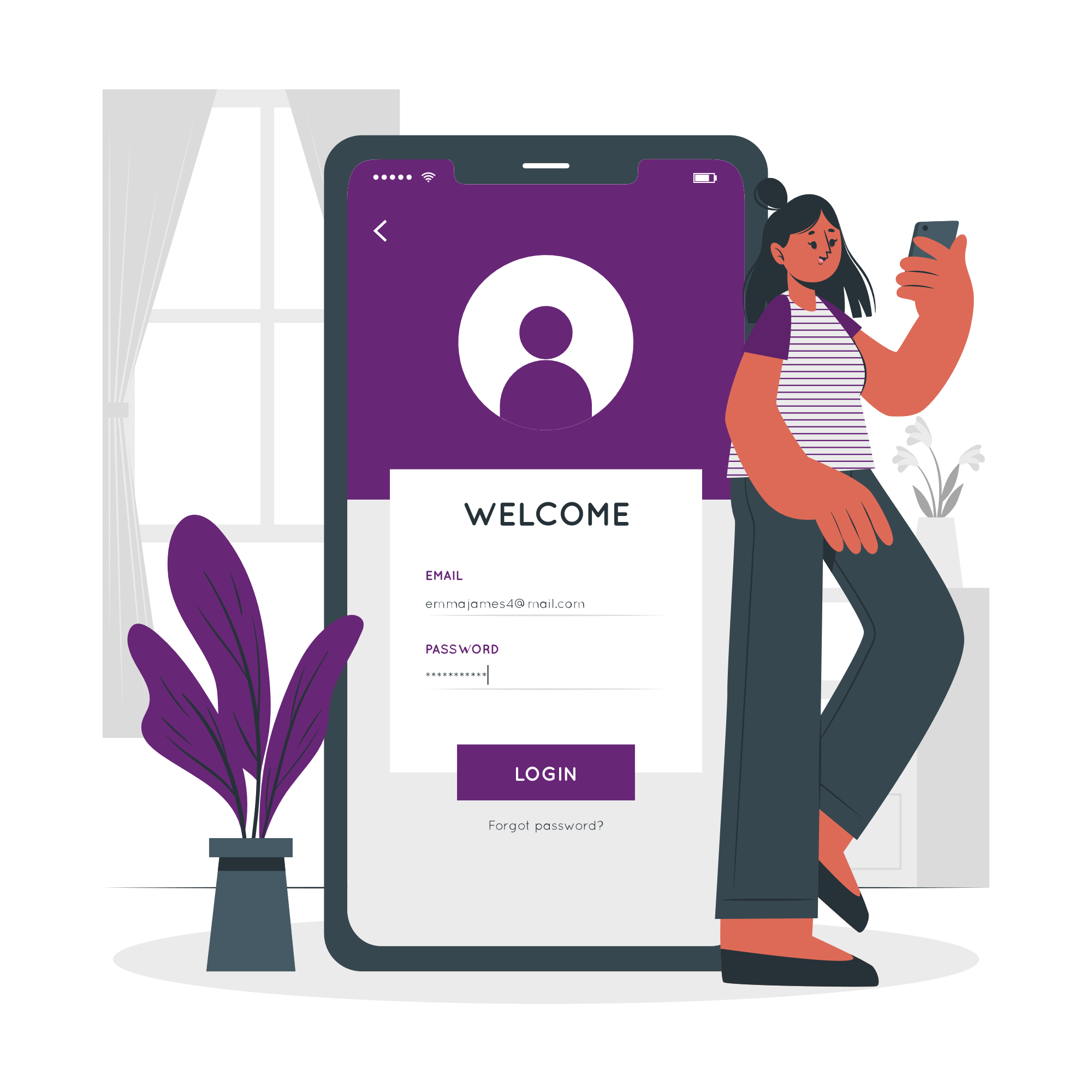Why use cloud-based self assessment software?
Self assessment is one of our most popular modules at Capium – and it’s easy to see why. With a whole host of features (see our full list here) designed specifically to make tax season simpler, cloud-based self assessment software can transform the way accountants feel about what, until recently, has always been the busiest time of the year.
If you haven’t made the move to cloud-based self assessment software, here’s a closer look at three key benefits you should be aware of.
Accessibility and flexibility: access files from anywhere
One of the standout advantages of cloud-based self assessment software is that it means you can manage tax processes anywhere, at any time. When you’re on the cloud, it doesn’t matter where you are – as long as you’ve got an internet connection, you’ll be able to securely access your clients’ data, or share and review information in real-time.
For accountants, that means the flexibility to work remotely, as well as the ability to scale things up as your clients’ needs grow or your portfolios become more complex.
Enhanced automation and accuracy: more time, fewer mistakes
We’ve said it before and we’ll say it again – until you’ve seen, firsthand, how much time automation can save you, it’s hard to comprehend the impact it can have on your firm’s efficiency. And this is as true for self assessment as any other area of accounting.
With cloud-based self assessment software, many of the critical processes are automated – from calculations to filings – and any updates to regulations or timescales will be integrated in real-time, too.
And, because calculations are made automatically, there’s less chance of human error leading to mistakes being made. If it does look like something’s not right, Capium software will flag it proactively, so that you can review and adjust ahead of submission, minimising disruption. Once submitted, you can then track your submission status in real time, complete with live feedback from Companies House.
Integration and efficiency: connect seamlessly with other systems
To get the most out of your tech stack, you need your software to communicate properly – and one of the benefits of cloud self assessment software is that it integrates smoothly with other accounting platforms, as well as directly with HMRC.
Capium’s software, for example, prioritises smooth data transfer between modules – meaning you don’t need to worry about duplicating data entry or keeping client records consistent in more place than one. With information sharing set up, reporting accuracy improves, too – and you can provide customised reports more efficiently.
Security and compliance: keeping client data safe
Another benefit of using dedicated self assessment software is that you can be certain your clients’ sensitive tax information is stored securely. Methods like data encryption keep data safe, while automatic updates mean it’s easy to stay on top of GDPR standards or any change in regulations and deadlines.
Ready to make the move to cloud-based self assessment software?
From time-saving benefits to enhanced security, integration to the ability to work on the go, cloud-based self assessment software can help your practice become more productive, accurate, and secure. If you’d like to explore how cloud-based self assessment could work for you, please sign up for a free trial to experience the difference Capium could make to your firm.








